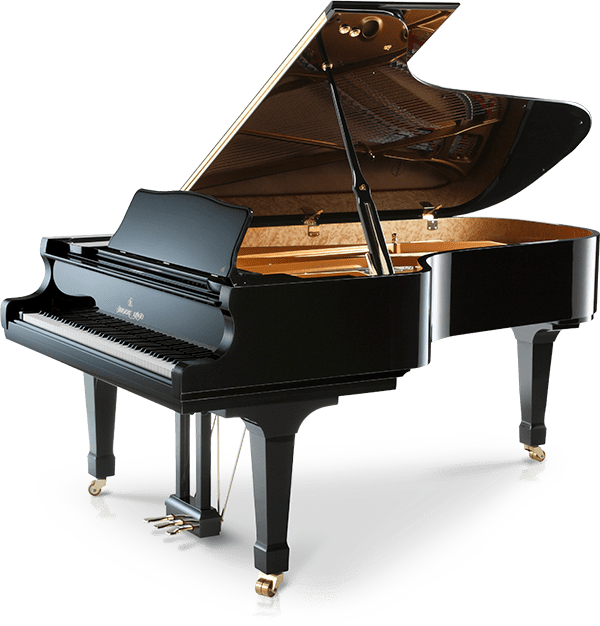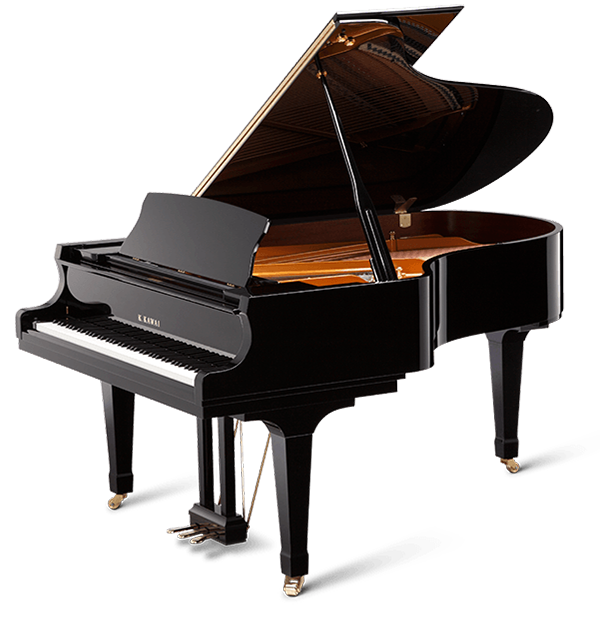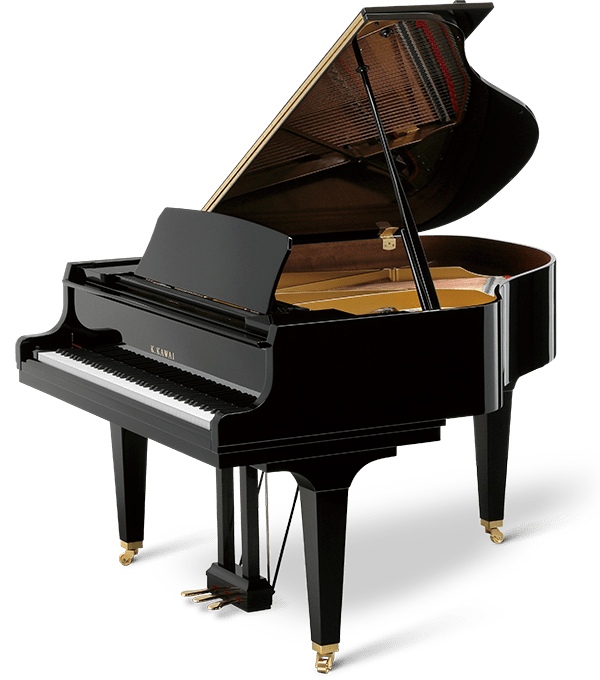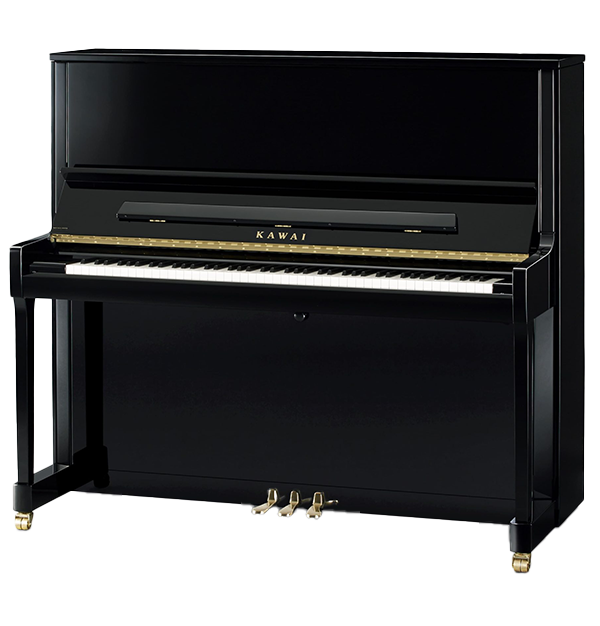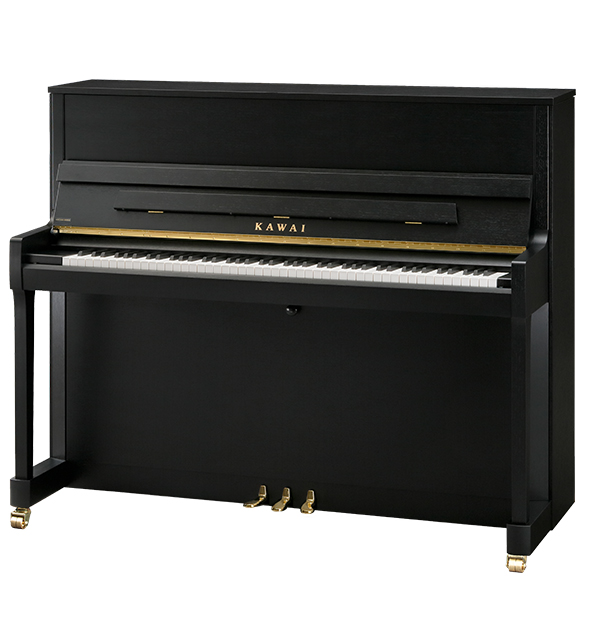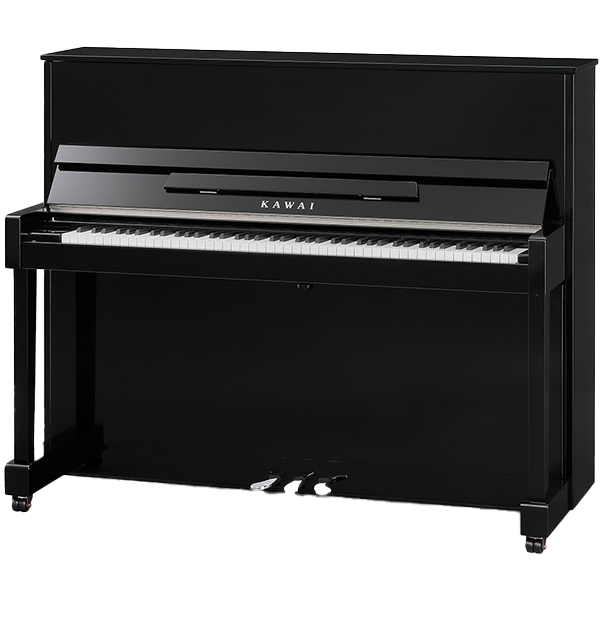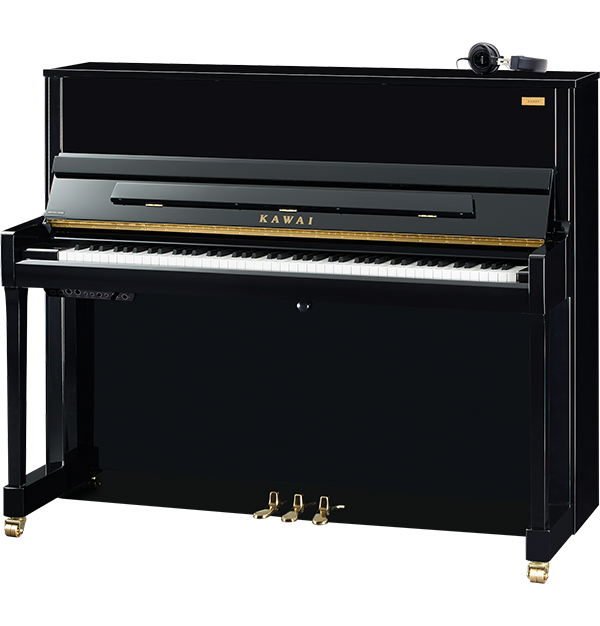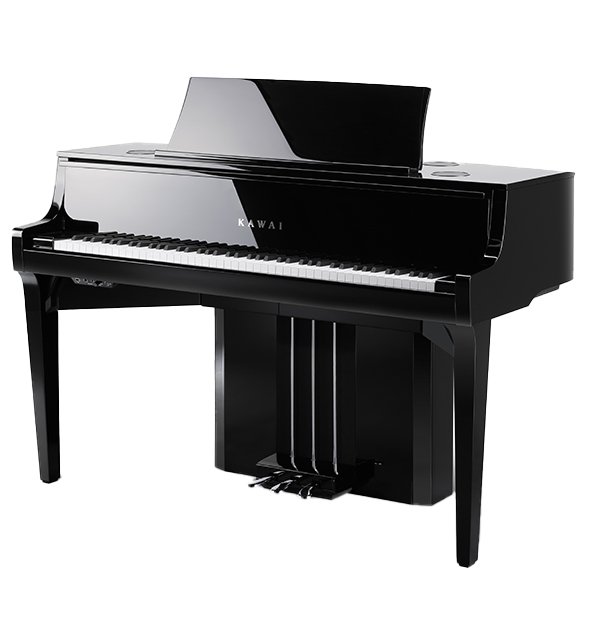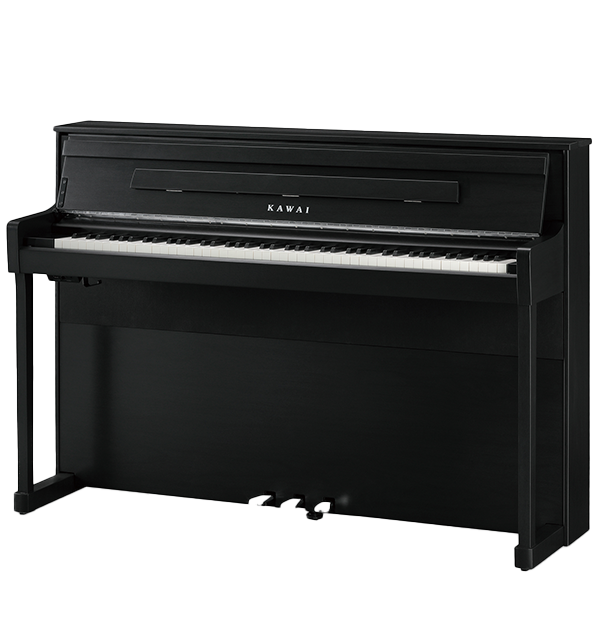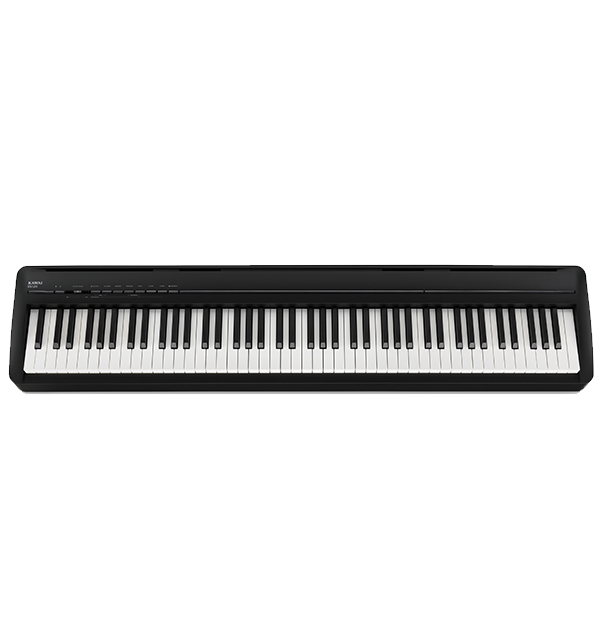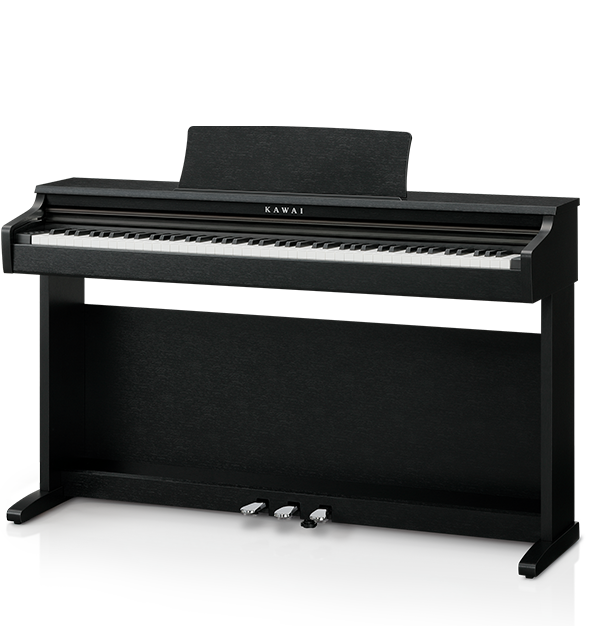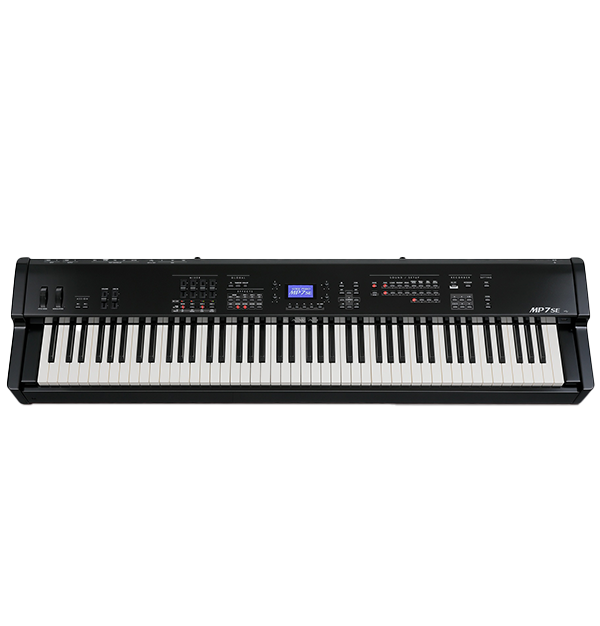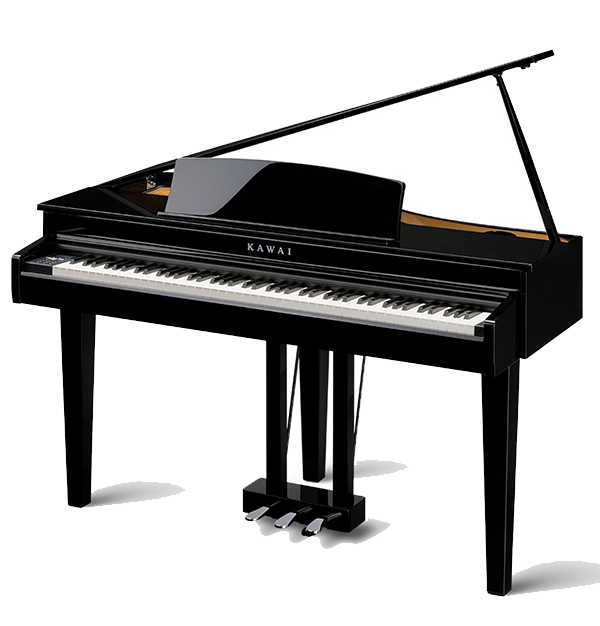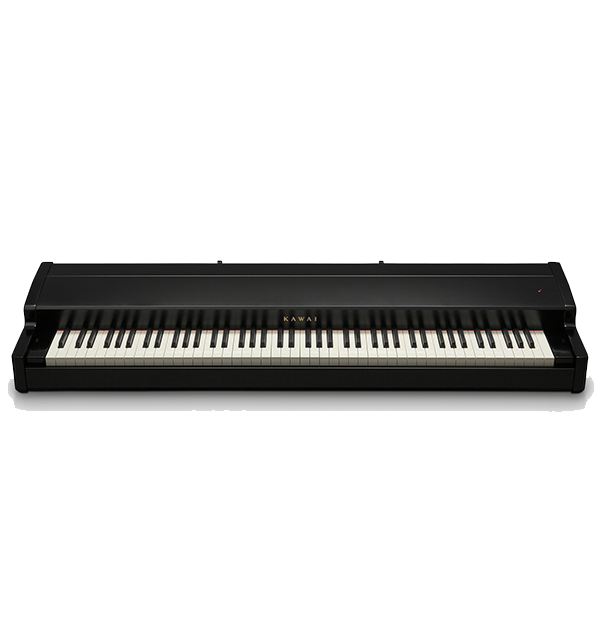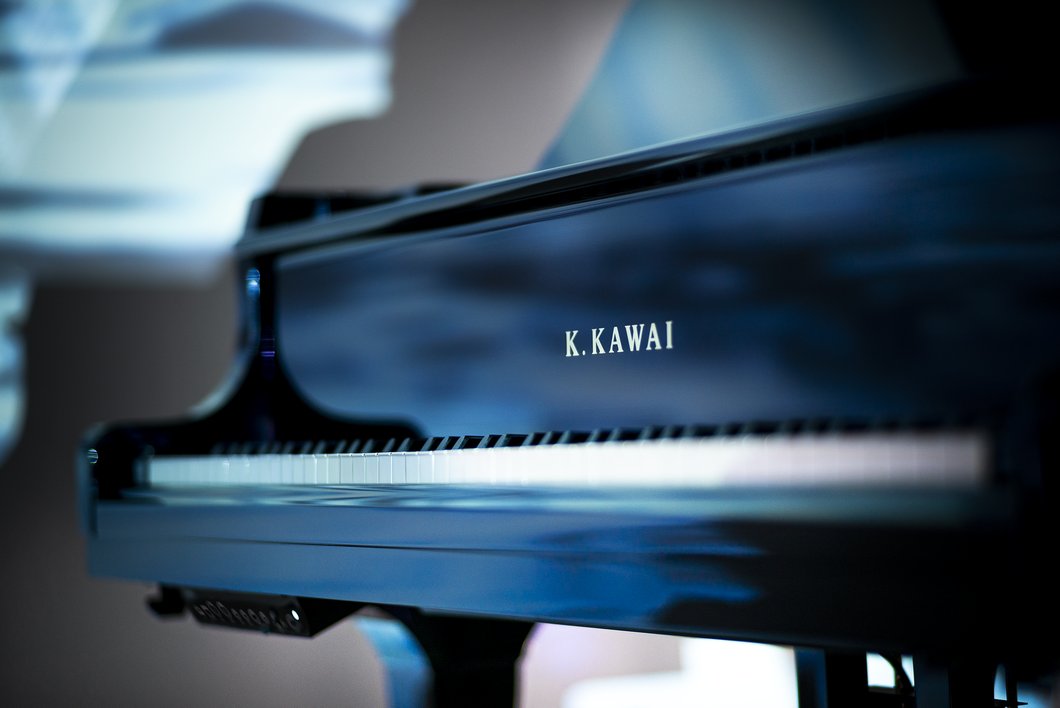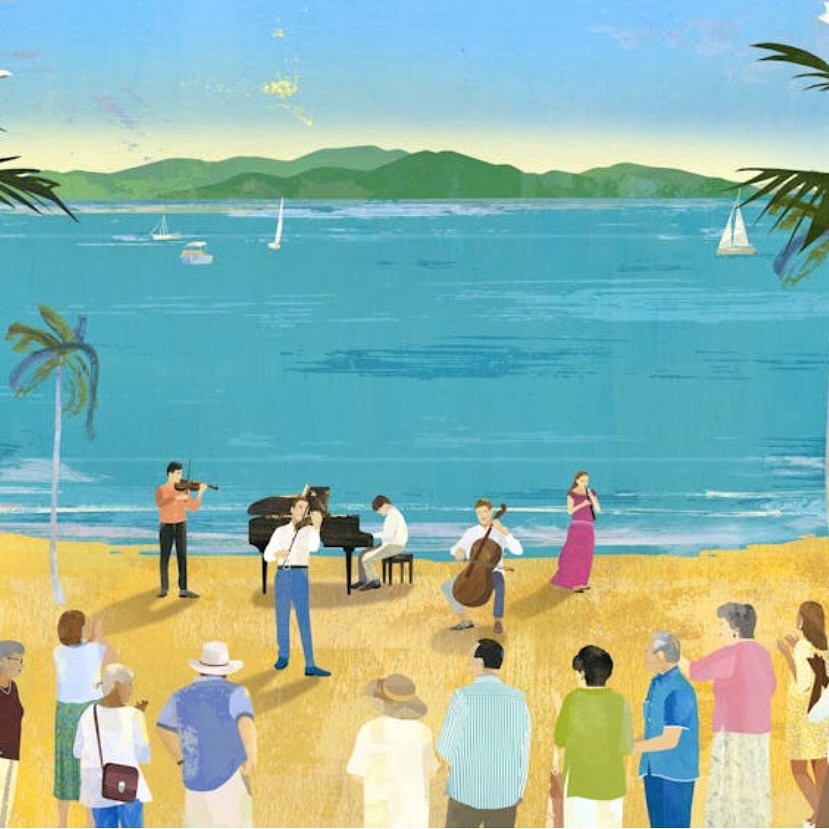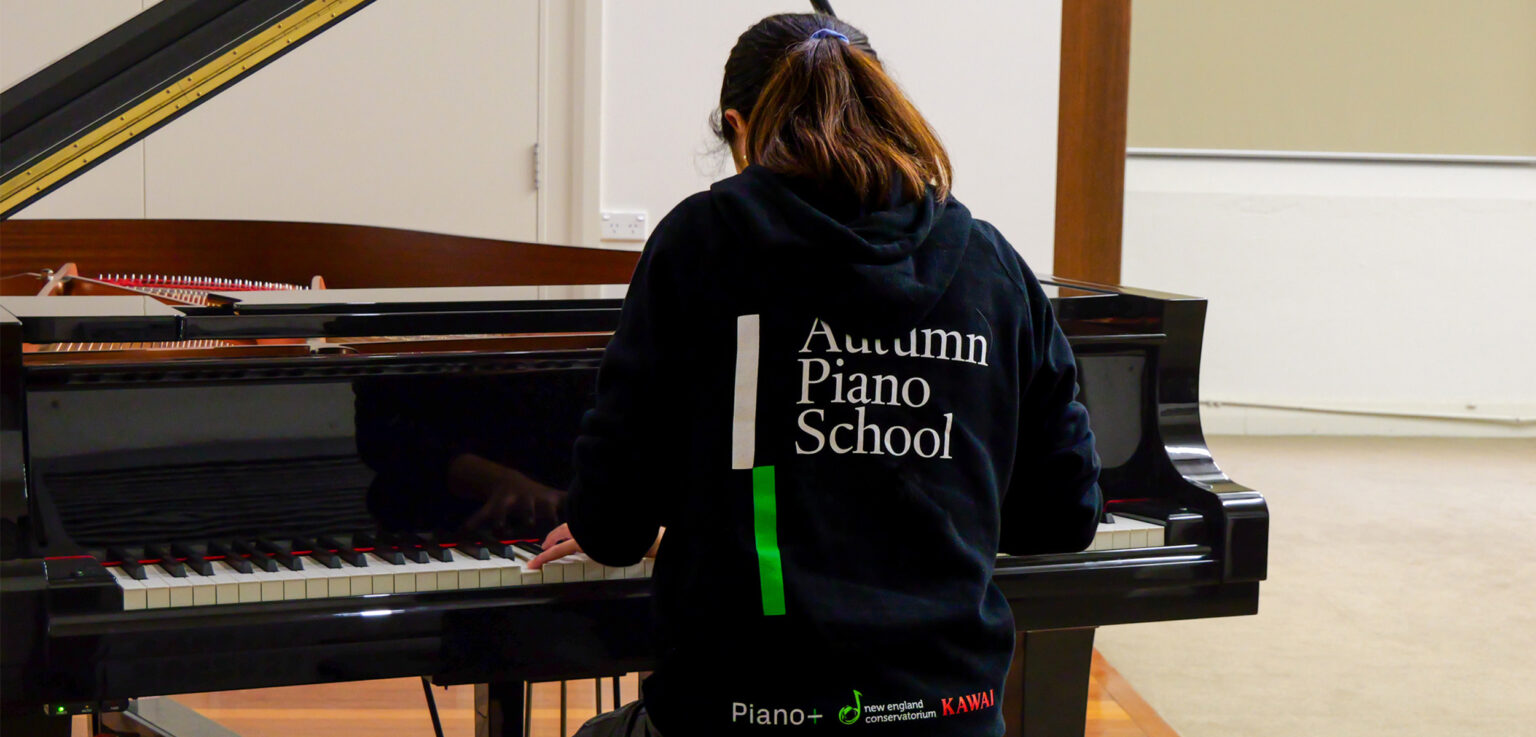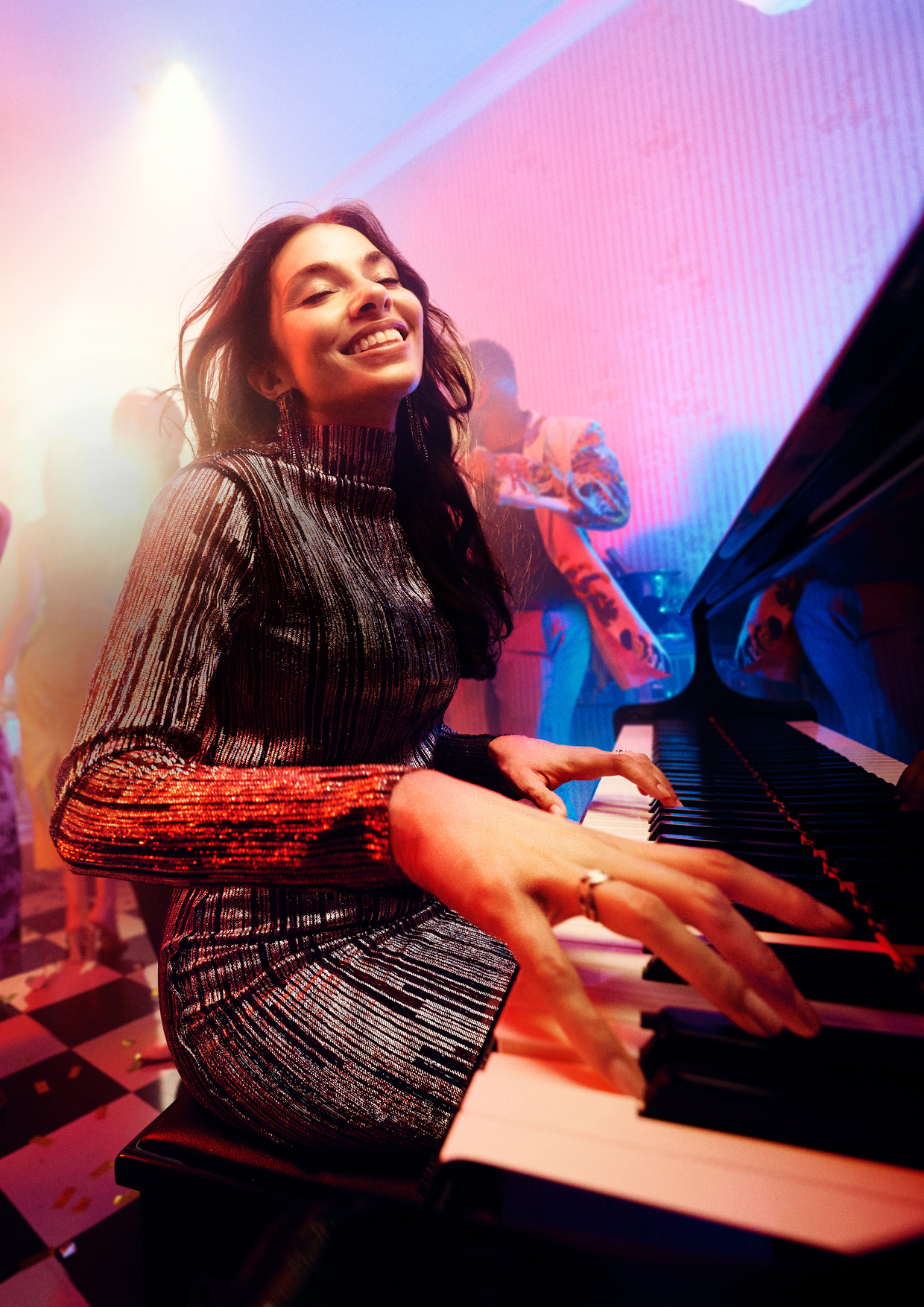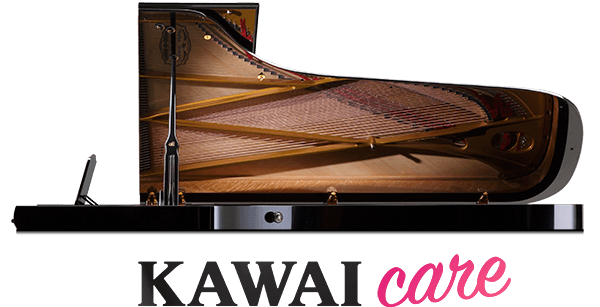“A musician should be exposed to all possible music genres”.
Oxana Shevchenko is internationally recognised as a pianist of outstanding artistry, sensibility, and versatility and is equally in demand both as a soloist and as a chamber musician. In 2016 Oxana was one of the top six finalists at the Sydney International Piano Competition and also won the prize for the best Piano Quintet. She has also won the top prize at the Scottish International Piano Competition, International Premio Franz Liszt Competition and the Chappel Piano Competition.
Born in Kazakhstan, Oxana gave her first performance as a soloist with the Kazakh State Symphony Orchestra at age nine and made her Western debut in Vilnius with the Lithuanian National Symphony Orchestra conducted by Juozas Domarkas in 2004. Oxana has since performed with the BBC Scottish Symphony Orchestra, the Sendai Philharmonic Orchestra, the Norrlands Operan Symphony Orchestra, and with conductors Vladimir Ashkenazy, Martyn Brabbins, Jacques Mercier, Pascal Verrot, Koji Kawamoto, Rumon Gamba and Tolepbergen Abdrashev.
A keen chamber musician, Oxana has collaborated with musicians such as the Kopelman Quartet, Brodsky Quartet, Ray Chen, Narek Hakhnazaryan, Alena Baeva, Christoph Croise and Isabel Villanueva. In 2016, in collaboration with French/German cellist Christoph Croise, Oxana won the First Prize at the Salieri-Zinetti International Chamber Music Competition in Verona-Mantova. In 2014, together with the Latvian violinist Jana Ozolina, Oxana received the Second Prize at the Sion International Duo Competition. The two artists starred in the movie “The Looser Takes It All” by the famous duo or musicians and comedians Igudesman & Joo.
Oxana made her debut recording with Delphian Records which was released in 2011, and included works by Shostakovich, Mozart, Liszt and Ravel.
When did you realise you wanted to be a performing artist?
I started playing the piano at the age of seven. I knew my life belonged to music from the very start and I always say myself as a performer.
Who inspires you most and why?
I don’t have a particular person who I look up to, but the music itself inspires me very much, as well as visual arts, books, cinema, mountains where I was born and my own dreams.
How would you describe your creative process when you begin a new work?
The first steps in learning a new piece are very important, so I try to take it slowly. I try not to listen to too many recordings so that my own interpretation is not influenced, but it is good to check one or two recordings for the correct notes. I love researching the pieces, finding out more about the context of the work and when they were written.
What is an average day like for you?
Now that I am a mum, most of my days at home are almost the same. I wake up with my daughter, we have breakfast and play games. By noon she goes for a walk with her grandpa and I have 2 hours to practise. When they get back I am babysitting for the rest of the day. Once or twice a week I manage to go to the Mariinsky Theatre or to the Philharmonic.
What are some of your favourite performance venues?
The most amazing places for me are the Wigmore Hall and the Big Hall of the Moscow Tchaikovsky Conservatory.
What do you consider ‘success as a performing artist’?
Performing as much as I want with the musicians I love, in the venues I like.
Which pianists do you enjoy listening to the most?
Grigory Sokolov, Efim Bronfman, Dmitri Alexeev, Sergey Kuznetsov.
Is there any repertoire that you stay away from?
Not really. I believe that for a complete development a musician should be exposed to all possible music genres, so I am trying to be versatile in that department.
Have you ever dealt with performance anxiety and how did you overcome it?
I do deal with it often…and sometimes it wins! The best recipe for me is to be 200% prepared.
How do you interact and respond to fans?
I try to be available on social media and I love meeting my audience after the performance. I believe that the ‘after-concert’ talk is just as important as the performance itself.
What would you consider to be a highlight of your career thus far and why?
1st prize at the Scottish Piano Competition, followed by the CD recording that received the Grammaphone Editor’s choice was a huge achievement.
Have you ever doubted yourself along the way and what did you do about it?
All the time! The last time I doubted myself as actually a few days ago. Sometimes it feels that the music is too big and I’m not good enough. But the new day comes and I feel responsible for my talent and ashamed for my cowardice.
What is your ‘pet-hate’ in other performers?
I just don’t like when a musician has nothing to say. If there is nothing to say, there is nothing to listen to!
What advice would you give to your younger self embarking on your journey?
I would tell myself to be brave and more self-confident.
Where was the most random or unlikely place you have performed?
At the beginning of the year I performed the Liszt Sonata in a pub in Palermo and a few years ago I performed on a basketball playground.
Which country or venue have you not yet performed in but would like to?
I would love to play in the Santori Hall in Tokyo, Wiener Philharmonic Hall and Concertgebouw in Amsterdam.
Did you consider any other potential career paths?
Not seriously. At one point I was studying drama, but despite loving it very much, I quite when it became too consuming for a hobby. Nevertheless, it had a huge impact on my as a musician.
What is the best and worst thing about being a musician?
I am so in love with my profession that I can’t say what the best or worst thing would be – it is so complex. I like everything from the occasional anxiety, the long trips, the surprisingly bad instruments (sometimes happens).
What motivates you to perform?
The itch to share composers’ ideas with my audience, to bring them to another world and evoke strong emotions.
If you could have dinner with any composer, who would it be?
I would be happy to go out with Rachmaninoff. From what I read, he was not only a genius musician, but also a real gentleman!
